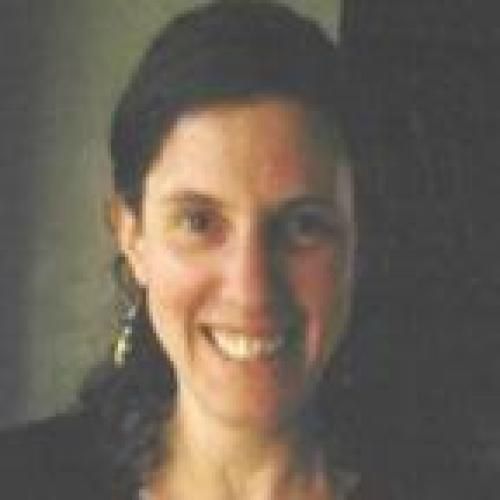
New Directions in Law and Literature
Replicant being: Law and strange life in the age of biotechnology
Publication
, Chapter
Wald, P
January 1, 2017
In 1980, the Supreme Court determined that a genetically modified organism was patentable. Ten years later, the California Supreme Court ruled that a person did not have ownership rights in his cells. Both cases were crucial for the development of biotechnology as a multibillion dollar business. Both also contributed to changing conceptions of the human and of life itself. This chapter chronicles legal and political efforts to resolve the hazy definitions of life and the human as they move through the mainstream media and popular culture and contribute to an emerging narrative of humanity for a global age.
Duke Scholars
DOI
ISBN
9780190456368
Publication Date
January 1, 2017
Start / End Page
344 / 358
Citation
APA
Chicago
ICMJE
MLA
NLM
Wald, P. (2017). Replicant being: Law and strange life in the age of biotechnology. In New Directions in Law and Literature (pp. 344–358). https://doi.org/10.1093/acprof:oso/9780190456368.003.0021
Wald, P. “Replicant being: Law and strange life in the age of biotechnology.” In New Directions in Law and Literature, 344–58, 2017. https://doi.org/10.1093/acprof:oso/9780190456368.003.0021.
Wald P. Replicant being: Law and strange life in the age of biotechnology. In: New Directions in Law and Literature. 2017. p. 344–58.
Wald, P. “Replicant being: Law and strange life in the age of biotechnology.” New Directions in Law and Literature, 2017, pp. 344–58. Scopus, doi:10.1093/acprof:oso/9780190456368.003.0021.
Wald P. Replicant being: Law and strange life in the age of biotechnology. New Directions in Law and Literature. 2017. p. 344–358.

DOI
ISBN
9780190456368
Publication Date
January 1, 2017
Start / End Page
344 / 358

